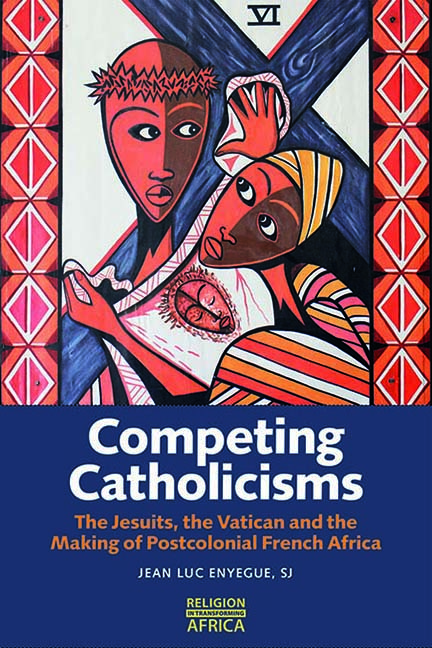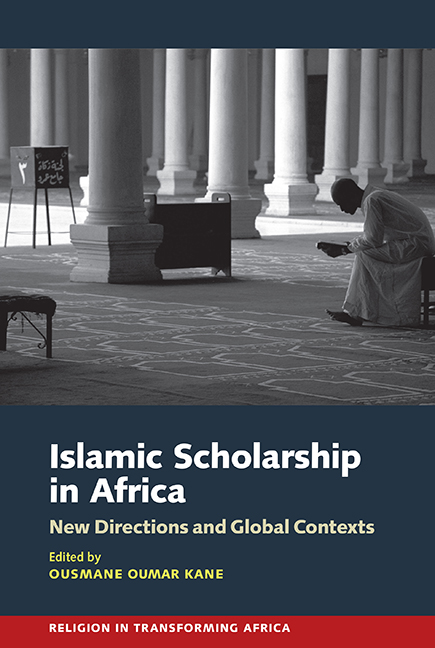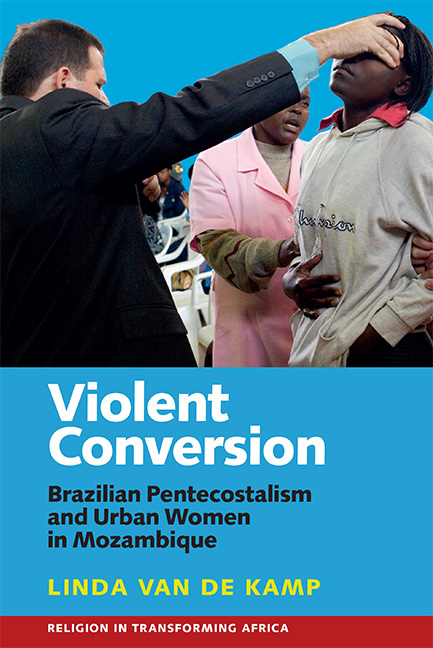This series examines local or regional realities to highlight continent-wide issues and the complexities of religion and spirituality in Africa. It covers the following themes: Christianity, Islam and other religions of Africa; Traditional beliefs and witchcraft; Religion, culture and society; History of religion, politics and power; Global networks and new missions; Religion in conflict and peace-building processes; Religion and development; and studies of the ways in which religious texts and rituals are used and religious ideologies/theologies are created and adapted. <br><br>The books will be either in-depth single-country or regional studies and comparative ones across countries and times. While the majority will be monographs, we will also publish edited volumes where they add substantially to our knowledge, and where they allow a cross-continent approach or a range of disciplines to be covered. Innovative and challenging current perspectives, the books will provide an indispensable resource on this key area of African Studies for academics, students, international policy-makers and development practitioners.










